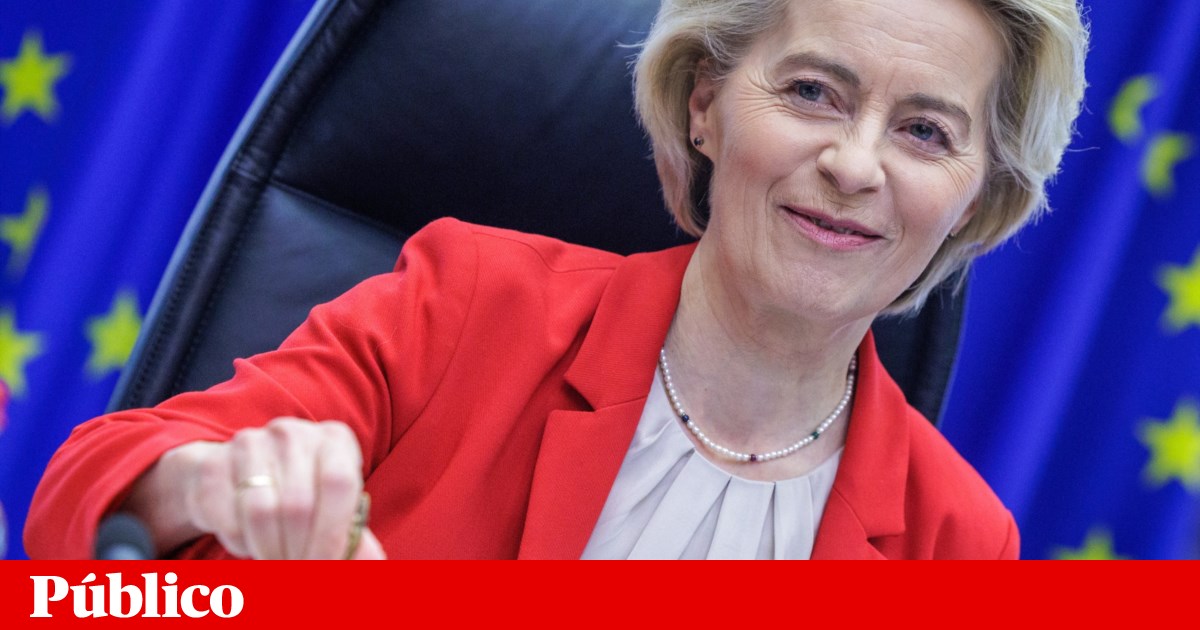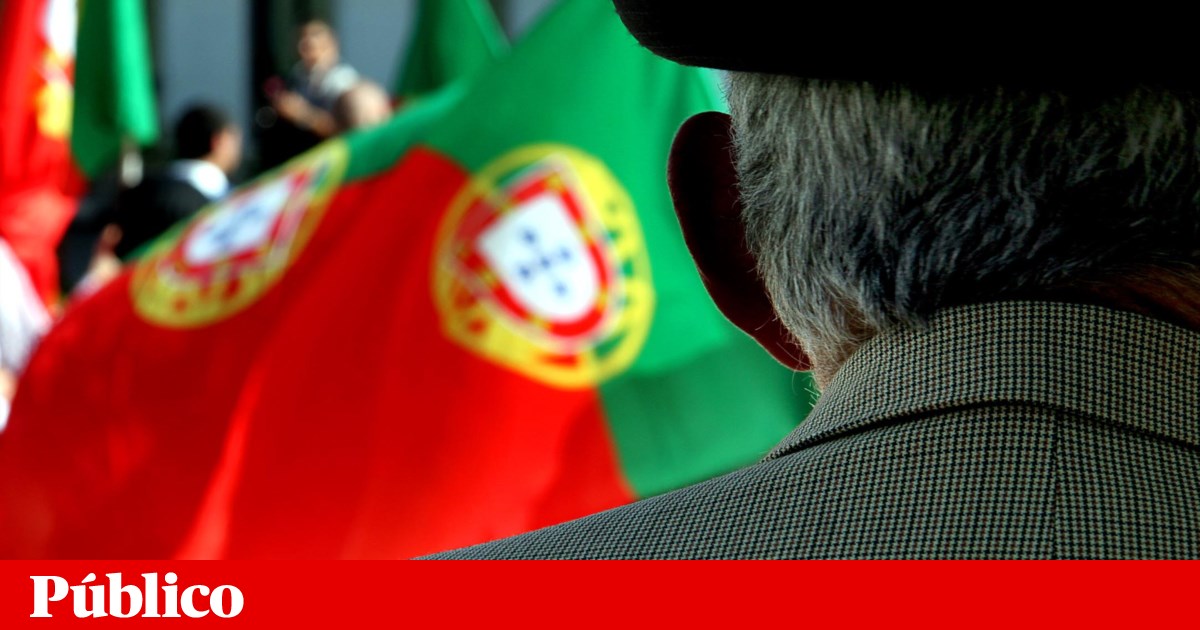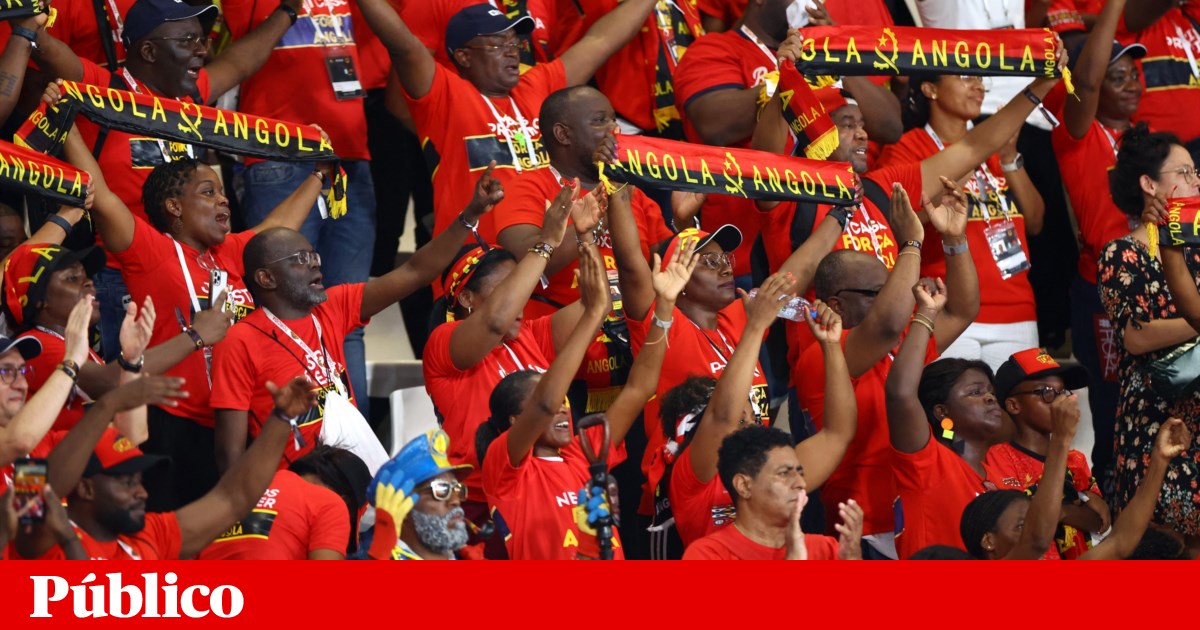Presidential candidate Henrique Gouveia e Melo was the guest on Monday's Grande Entrevista on RTP. The former Chief of Staff of the Navy emphasized that he comes to "fight for the Portuguese" and reiterated that it was not Marcelo Rebelo de Sousa who motivated his candidacy.
"Yesterday, a news story alleged that the President played a decisive role in my decision. That is not true. This news is based on a book of interviews that was written, and there's nothing like verifying the interview," declared Gouveia e Melo. "In that interview, I do not say that, and therefore it is a false allegation attributed to me," he stated.
These statements come after Gouveia e Melo denied a November 9th news story from the Lusa agency titled Presidential Election: Gouveia e Melo Reveals That It Was Marcelo's Attempt to Stop Him That Led Him to Run.
The presidential candidate assured, in a statement, that this information is "false and suffers from an unacceptable lack of rigor, which is why the restoration of the truth of the facts is demanded."
The original Lusa news is based on excerpts from the book Gouveia e Melo - The Reasons, a long interview conducted by journalist and deputy director of Diário de Notícias, Valentina Marcelino, which will go on sale on Thursday.
In that interview, the admiral reveals that he decided to move forward to Belém when he read a news story in Expresso that Marcelo Rebelo de Sousa intended to stop his presidential candidacy by reappointing him as Chief of the Navy.
When questioned tonight by journalist Vítor Gonçalves about whether he was convinced that Marcelo tried to stop his candidacy, Gouveia e Melo responded that it was not that conviction that made him decide.
"It was not that conviction that made me decide one way or the other. That problem is in the past. What interests me are the problems of the future," he stated.

The candidate further clarified that when in the interview with Valentina Marcelino he responded that the news about Marcelo motivated him to run, he was referring to the title of the article and not its content.
"My response has nothing to do with the content of the article, it has to do with the title of the article, which suggested that I was blackmailing the Government. That was a very ugly thing that was attributed to me and that I did not like," he explained.
"At that moment, I thought that I also did not have the conditions to continue exercising my functions normally within the defense."
Confronted with statements from presidential candidate Luís Marques Mendes, who said on Monday that Gouveia e Melo "whenever he speaks, has a certain tendency for three things: either to say some nonsense, or to enter into contradictions, or to generate haste and controversies," the admiral responded that he prefers to ignore it.
"That for me is petty politics. It's petty intrigue. And it seems that Dr. Luís Marques Mendes has a fixation on me. And his protector also has a fixation on me," he said, referring to Cavaco Silva.
"I can contribute to a significant change"
The candidate assured that what motivated him was "international instability, democracy with signs of internal fragility and internal discredit, an economy that is not buoyant and that distributes poverty instead of wealth, and some general lack of ambition."
"I am running because I believe that I must serve my country and the Portuguese at this moment in a political way, and not by continuing to serve in Defense," he emphasized. "My party is Portugal and I come to fight for the Portuguese."
When asked whether the president can play an active role in the problems he listed, Gouveia e Melo said he believes he can have "an active role through the magistracy of influence, but not only."
"Because the alternative is to say that the top of the political pyramid is only figurative, it serves for nothing. And that does not seem to me to be what semi-presidentialism is nor what our system is," he explained.
"I believe that I can contribute to a significant change and to boost Portugal with the Government and with the entire political system," continued the candidate.
The admiral also said that he has the feeling that he is not running in a presidential election, but rather in a "second legislative election," since "all parties have a representative and all candidates, except for me, have a party of origin, a party that supports them."
"Truly independent candidacy"
Gouveia e Melo declared himself as "truly independent" and considered that his adversaries will be "hostages" to party interests no matter how much they promise to be "the president of all Portuguese."
"I am the person most free from these interests," he guaranteed, absolutely rejecting the possibility of being conditioned by his supporters.
"If they think they will change my ideals, that I will move more to the left or more to the right, that they will capture me as if I were a horse and they were mounting on my back, they will get a kick and jump off the back quickly," can be read in the book Gouveia e Melo - The Reasons, quoted by journalist Vítor Gonçalves in the interview.
"I would not like to see in the Presidency any Trojan horse of any party," he argued.
"Our population is being attracted by increasingly radical solutions," he considered. "When the population is attracted by very radical solutions, what begins to be endangered is democracy itself."
"I will try, in some way, to give a chance and counteract that."
"There is only one true poll"
Henrique Gouveia e Melo also declared that "there is only one true poll," the one on the day of the presidential elections, January 18.
When asked if he was worried about the result of an October 31st poll, conducted by Intercampus, in which he comes in third place, behind Marques Mendes and André Ventura, Gouveia e Melo rejected the concern because "three other polls from three other companies indicate precisely the opposite."
The candidate for Belém does not feel any "erosion" in his candidacy, but recognizes that the increase in the number of candidates "for all tastes and types" has diminished the Portuguese voters' intentions to vote for him.
"Of course, that lowered in some way the voting intentions for a candidate who is not part of any party. But I very much believe that the party that is Portugal and that unites the Portuguese will have a good result," he stated.
However, he acknowledges that achieving victory "is not a done deal, I have to do my work, I have to convince."
"Serve without serving myself"
Regarding his curriculum and the lack of political experience pointed out by his adversaries, Henrique Gouveia e Melo highlighted that he has "the experience that matters" in problem-solving.
"I speak of the experience that matters. The experience of solving problems. I believe that I have sufficiently demonstrated the capacity to solve problems, I believe that I have sufficiently demonstrated my capacity for adaptation, my flexibility and my moderate reading of what the world is, I have demonstrated that to exhaustion," he stated.
The presidential candidate presents himself as a "moderate" and "balanced" person, whose "only desire is the good of Portugal and the Portuguese and to serve, without serving himself."
"A good agreement is ten times better than a fight"
Regarding the general strike against the labor reform proposed by the Government for next year, scheduled for December 11, Gouveia e Melo recognized that it is necessary to flexibilize labor law but warned of the danger of "social cleavage" with the implementation of this reform.
"There is a need to make flexibilization without unraveling what is truly nuclear about workers' rights, because workers' rights are more than 99 percent of the population. We are talking about affecting the rights of 99 percent of the population, it is necessary to be very careful when moving these things," he warned.
The presidential candidate said he is a defender of a "human and humanist" capitalism and saw as "a good step" the meeting between the Minister of Labor, Maria do Rosário Palma Ramalho, and the General Union of Workers (UGT).
"There is nothing like an agreement. An agreement is ten times better than a fight, because the fight will unravel society and more than that it is not fair," he said.
When asked if he would limit the right to strike, Gouveia e Melo defended the right to strike but noted that "the president does not make laws" and "must respect the powers of the Assembly of the Republic," if he wants to make a law that has a relatively stable majority.
"The right to strike is a enshrined right and must be respected. There are many ways to avoid a strike and there are many ways, if there is a strike, to continue working with the country, because the law defines it that way, even if there is a strike," he stated.
Regarding the political veto, Admiral Gouveia e Melo argued that it should only be exercised in "truly crucial situations, because otherwise the Presidency is superimposing itself on the functions of the Assembly of the Republic." "And it should not do that because they are independent organs," he insisted.
Namely, in the privatization of Social Security, which he admitted he would veto "clearly" on "principle."
"I say clearly yes there. They are basic principles for me. I would never let Social Security, which is the basis of trust regarding our future, become dependent on managers who one day could make some mistake," he argued.
"It is not enough to announce reforms to the televisions"
When asked about his assessment of the current prime minister, Gouveia e Melo considered positive "the reformist will" of Luís Montenegro, who "initiated a set of reforms," but warned that "it is not enough to announce reforms to the televisions," it is necessary to manage, control, and take responsibility for their materialization and concretization.
"That reformist will is an important will because otherwise our country does not evolve, it is necessary for the country to evolve. But it is also necessary to be attentive to how that will be done, it is not only announcing reforms to the televisions, because they require day-to-day management so that they materialize and concretize," he declared.
Accused by his adversaries of being an authoritarian person, Admiral Gouveia e Melo rejected a characteristic that does not define him but that he had to exercise in the scope of his previous functions, namely as commander of the Armed Forces.
"First of all, I am not authoritarian. I had to exercise authority in the moments when it was necessary to exercise it," he stated. "I never exercised authority beyond what was necessary to fulfill my mission."
"And I never, never, shied away from my responsibilities. I always faced my responsibilities," emphasized Henrique Gouveia e Melo.
The presidential candidate guarantees that he will not bring authoritarianism to the Presidency, because unlike the military system, this "lives much on consensus."
Abortion and euthanasia
When asked about the extension of the deadline for abortion, Gouveia e Melo considers that this is "a resolved issue in Portuguese society."
Regarding the euthanasia law, the candidate admits it is a "difficult issue" because as a defender of "life until the last instance" he considers that "it must be lived with dignity, without pain because otherwise it is human torture," but argues that it should not be facilitated so as not to become an "instrument of utility."
"To what extent we can extend life with dignity and without torture, is truly the great question," he stated. "Now there is a danger, we should not facilitate euthanasia because otherwise euthanasia can be an instrument of utility."
If he does not win the presidential elections, Admiral Gouveia e Melo admitted "finally enjoying retirement" and dedicating himself to other things, namely in the technological field, which his "fixation on serving the country" did not allow him to do.











Comments
Join Our Community
Sign up to share your thoughts, engage with others, and become part of our growing community.
No comments yet
Be the first to share your thoughts and start the conversation!